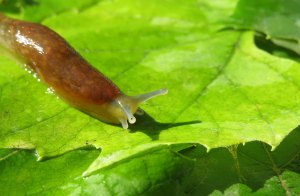Head lice frequently misdiagnosed
Wrong identification results in school absences, inappropriate medication
Via an informational Website, researchers asked readers to submit samples of what they thought were head lice or louse eggs. The readers completed questionnaires that asked them their relationship to the infested person and the measures taken to treat the perceived infestation. “An uncomfortably large proportion of the submissions had nothing to do with head lice, yet in every case someone suspected they were head lice or louse eggs,” said Richard Pollack, instructor in immunology and infectious diseases in the Department of Immunology and Infectious Diseases at the Harvard School of Public Health and lead author of the study. Pollack said proper instruction and evaluation of lice and their eggs with suitable magnification would help parents and health workers better identify active infestations and curb unnecessary treatment. Although head lice may occasionally be annoying, they should not cause infested children to be sent home from school, said Pollack.




